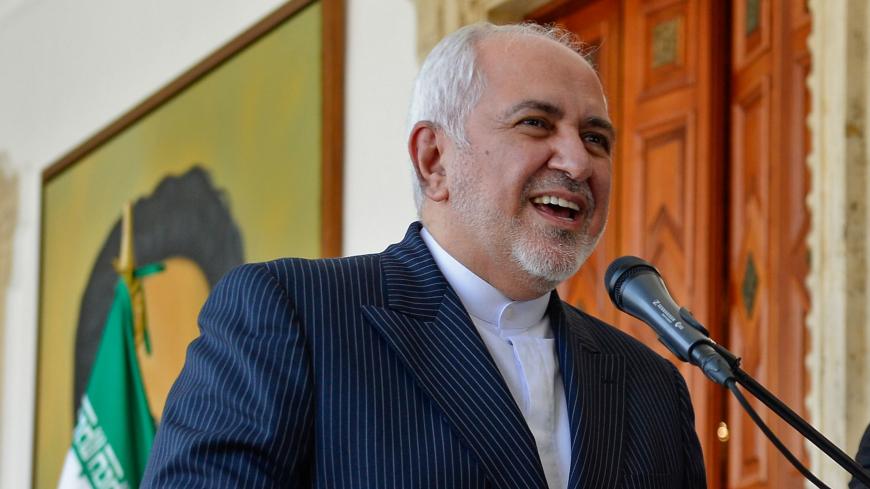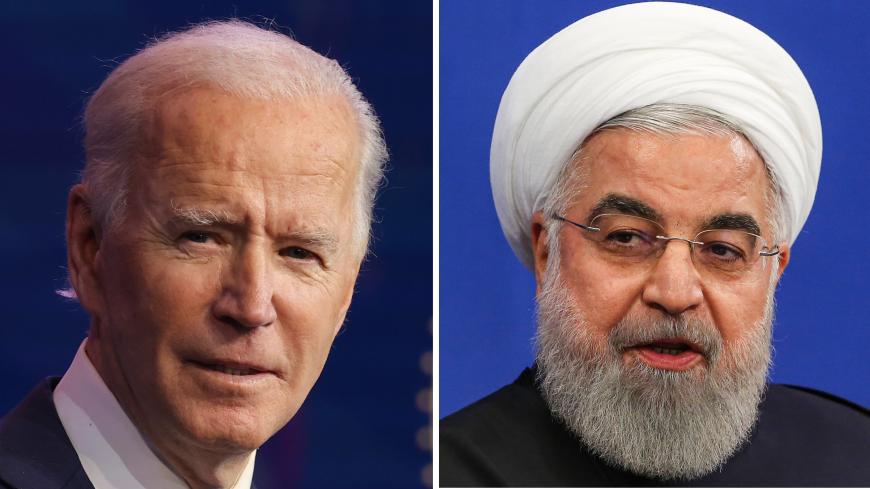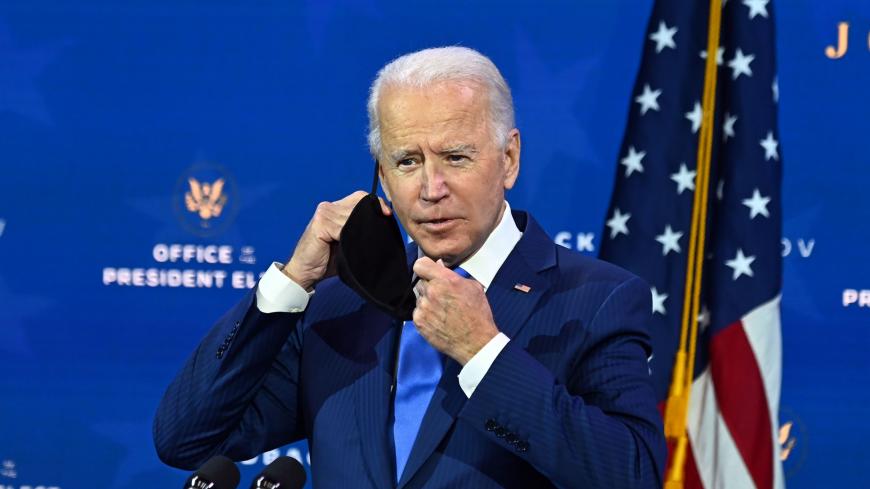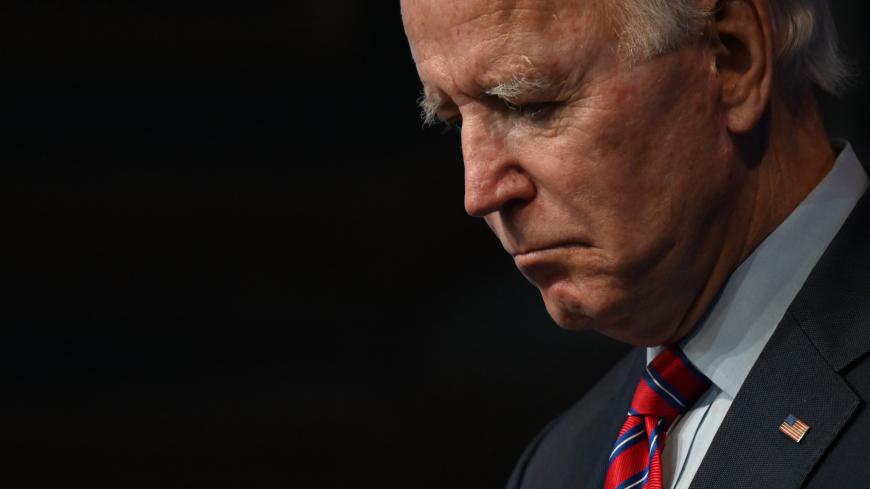High stakes for Iran, US as Tehran waits to see Biden approach
Iran has made it clear that if the new US administration of Joe Biden wants to reenter the nuclear deal, no preconditions are acceptable to Iran.

In his final weeks in office, outgoing US President Donald Trump is insisting on leaving his mark on the United States’ Middle East policy. Since Iran is still high on his priority list, when Trump’s adviser Jared Kushner tried to reconcile Qatar and Saudi Arabia in his latest visit to the region, keeping up pressure on Iran was one of the reasons. Trump wants the myriad of sanctions and pressure on Iran, which will continue during his final days in office, to complicate President-elect Joe Biden’s objective of re-engaging Iran on its nuclear program.
But this is not all, trying to prevent Iran from getting tens of millions of dollars from Qatar for flying through its airspace is just a minor detail if compared with the assassination of nuclear scientist Mohsen Fakhrizadeh that rocked Tehran. In Iran’s view, Israel could not do this without the United States’ blessing, and therefore among the first casualties of the assassination — other than Fakhrizadeh — was the will to engage with the new administration, which was expressed earlier by Iranian officials.








